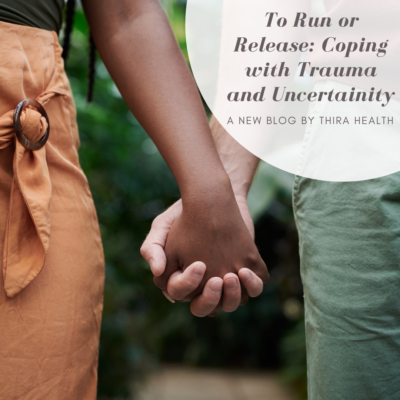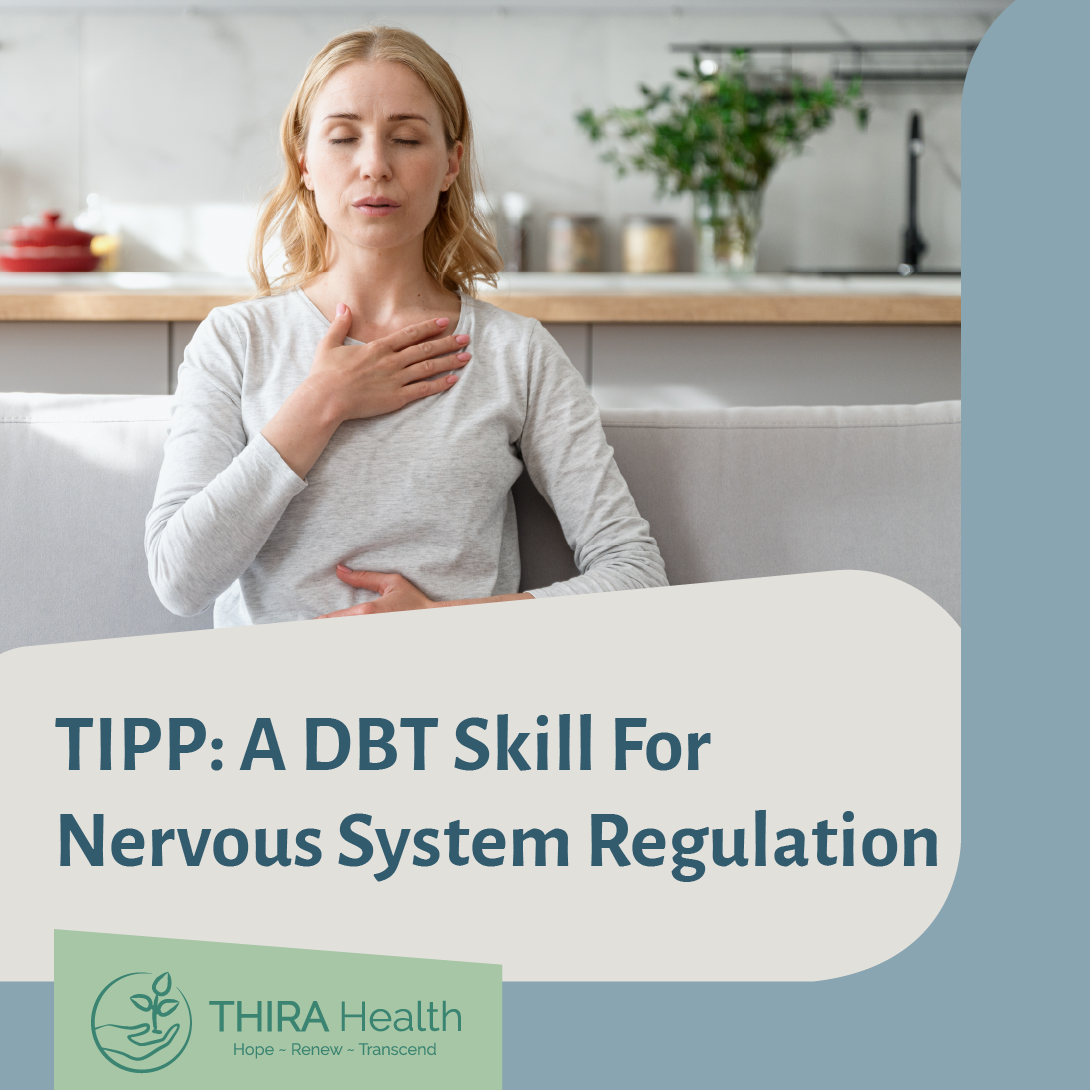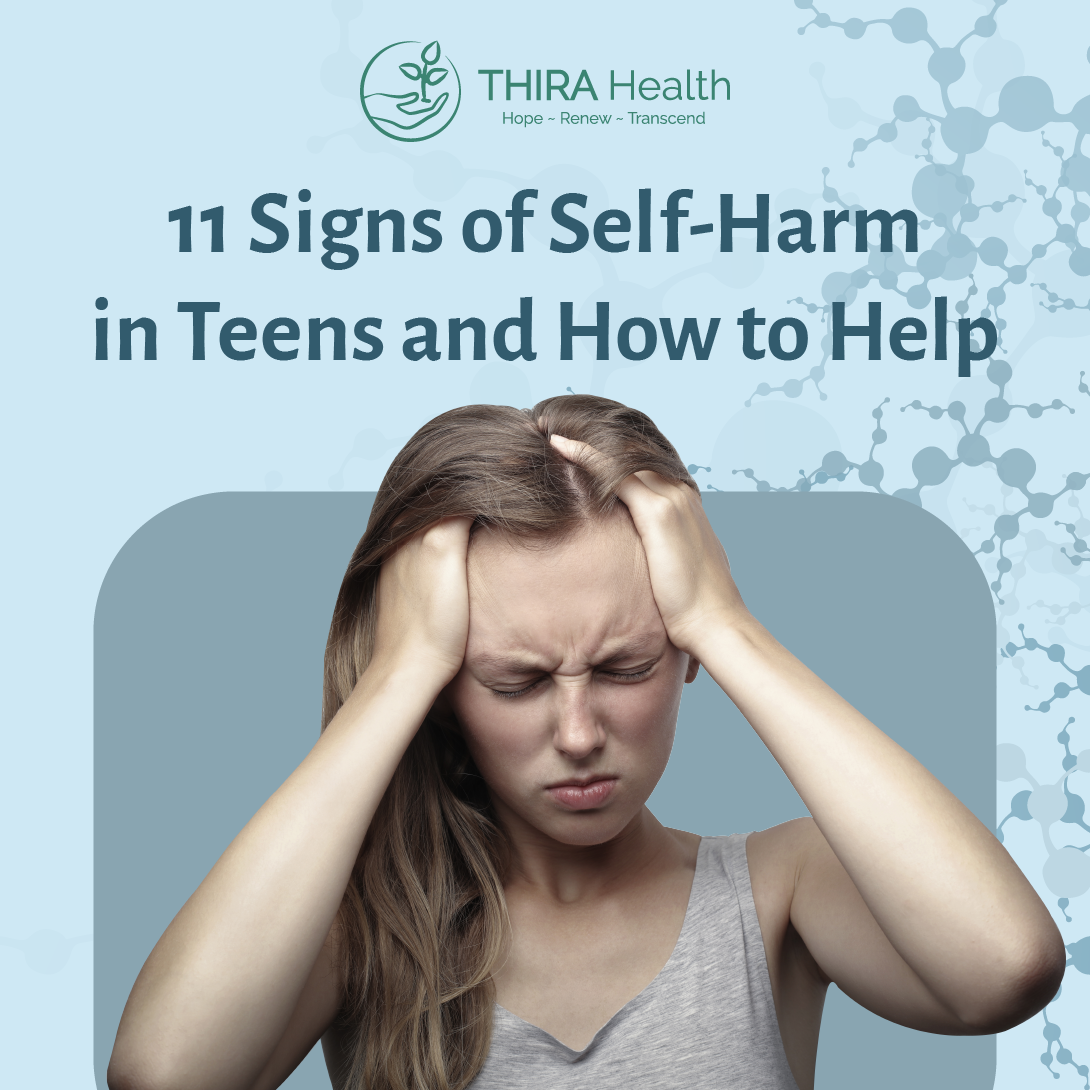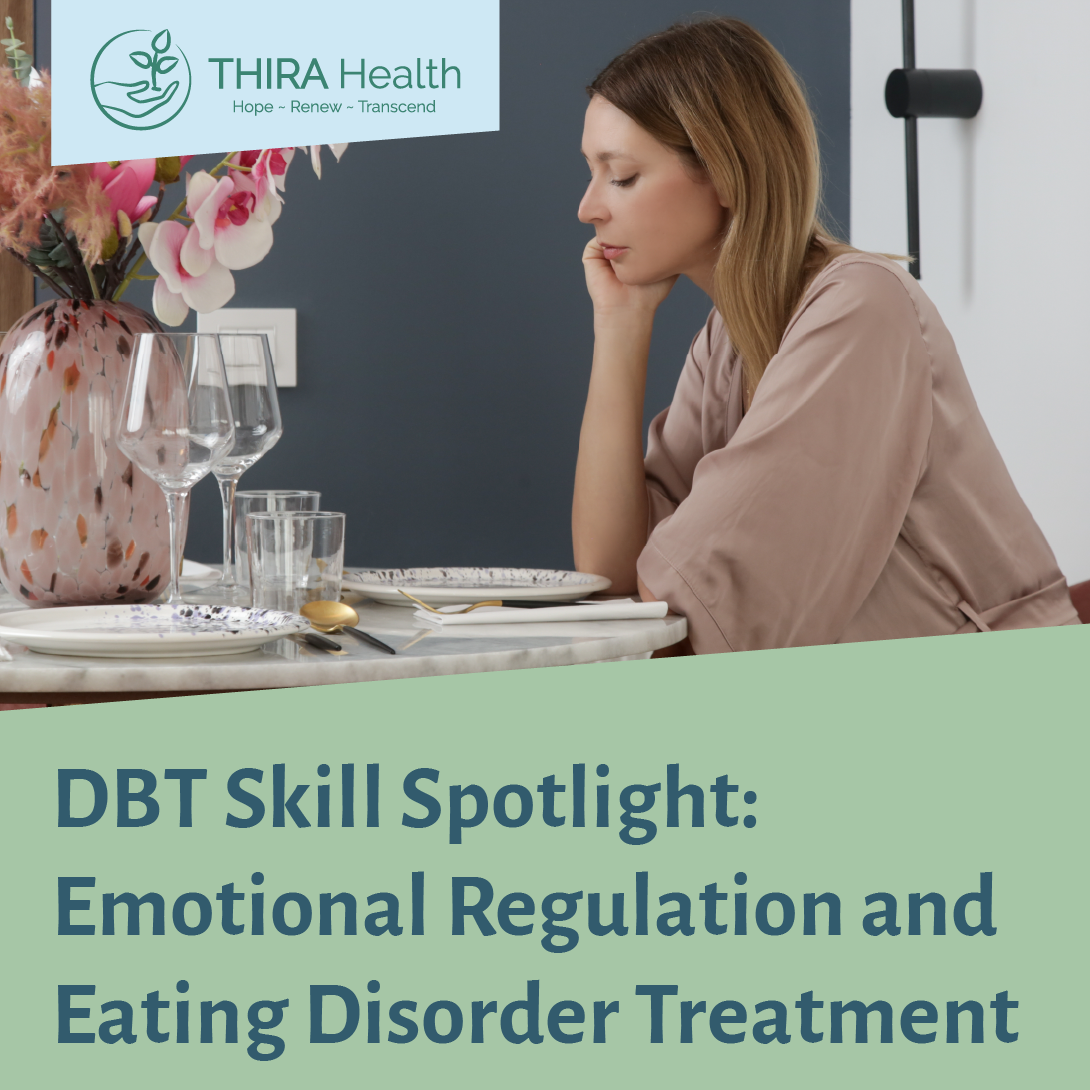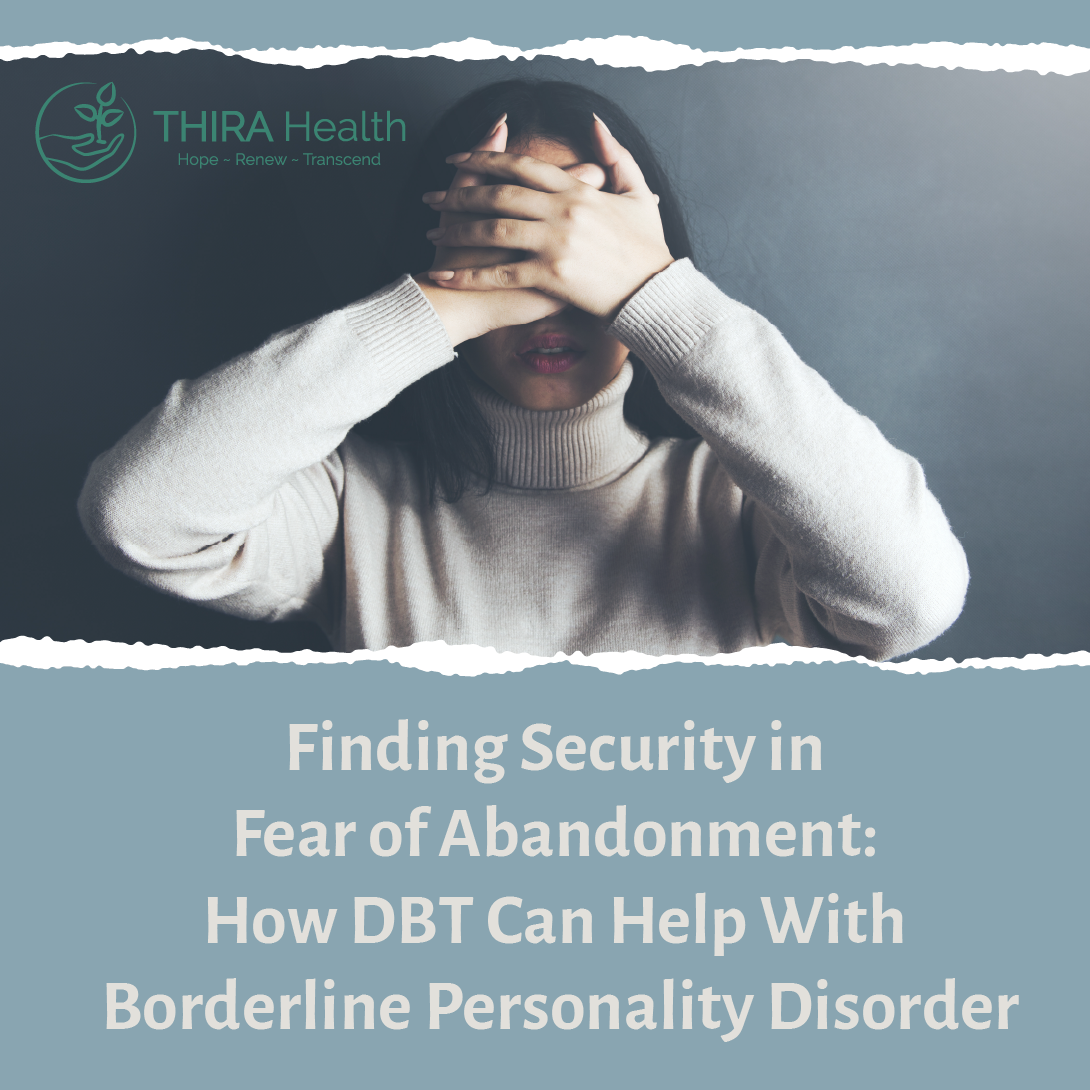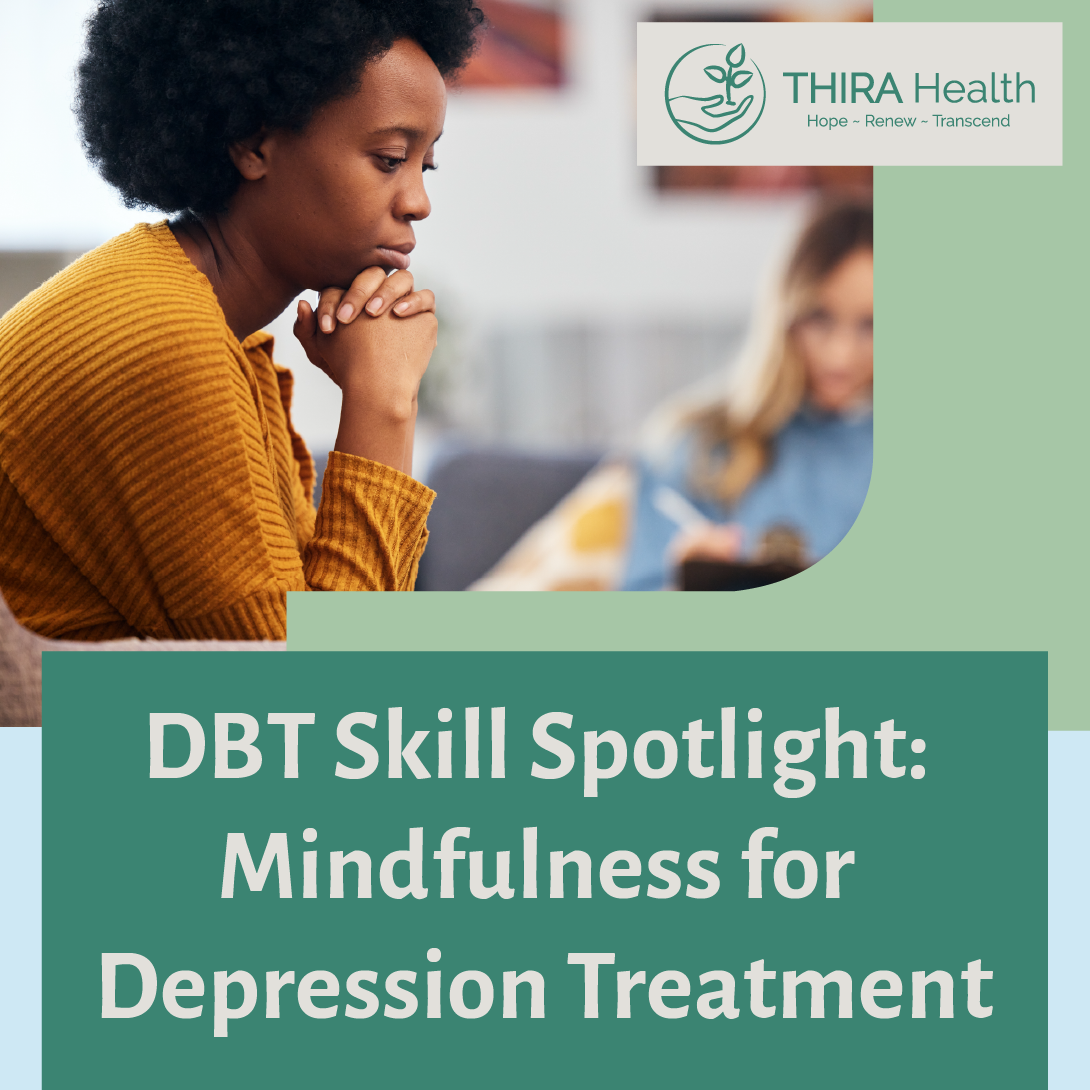At THIRA Health, our decades of work have been focused on helping elevate the mental health of girls and women facing issues such as depression and anxiety. Many of these women also struggle with post-traumatic stress in their journey to wellness. As we enter the month of September and approach the 19th remembrance date of the terrorist attacks that occurred on September 11th, 2001 (9/11), it creates an opportunity for us all to reflect on our ways in which we cope in the wake of trauma or tragedy, as well as how we can continue to identify tools to assist us with coping.
2020 will forever be known as a year of many challenges, and by reflecting on how we develop self-care and coping skills, it can also bring awareness of how we cope in general in an uncertain world.
A Look at the World: Then & Now
It is without question that the year 2020 is markedly different from the year 2001 – we have seen an increase of social media use, a more vocalized challenging of unjust government systems, citizens speaking up on the equal rights of fellow citizens and non-citizens, a greater representation of those seeking therapy and talking about mental health, and a heightened sense of purpose and urgency in creating a more accessible world for all.
2020 is encapsulated by the issues we are struggling to overcome:, the loss of jobs in America, ever-growing interpersonal tension risen out of stances on human rights and social issues like black lives matter and systematic racism, and continued stress over our health and interpersonal needs as we bear down on social distancing in the midst of a global pandemic. Just as 2001 brought the vast uncertainty of our safety in our country following the witnessing of thousands of lives lost, we can identify similar feelings of uneasiness or uncertainty of what comes next now.
Trauma and Its Effect on our Mind
The mental health burdens from 9/11 continue to show themselves in those that lived it – adults, children, first responders, war veterans, Middle eastern Americans who experienced racial stereotyping, and new generations who endure the trauma vicariously through the tales of loved ones who lived it.
Post-Traumatic Stress Disorder (PTSD) is a type of psychopathology most commonly experienced as a result of major traumatic events (i.e. assault/rape, natural disasters, terrorist attacks, etc.), and is categorized by marked impairments in executive functioning, as well as a comorbidity with other disorders such as depression, anxiety, and substance use. With the residual effects of trauma blanketing multiple generations, it is not unreasonable to assume that many still struggle to cope with extraneous events of uncertainty which may disrupt the path to resilience and healing.
Moving from Reaction into Action
Uncertainty can elicit fear by activating the fight-or-flight responses that lives in our nervous system. These experiences are capable of triggering trauma responses as we either frantically search for perceptions of control and safety (fight) or shut down our functional processes until the wave passes (flight). Though it is in our instinctive nature to protect ourselves through whatever means necessary, we can begin to deconstruct the need for control by channeling it into creating resilient, tolerant means of coping.
Here are just a few ways we can adapt to the stresses and trauma in order to help ourselves and others through times of crisis:
1. Breathwork/Deep Breathing
Focusing on your breathing has been shown to have tremendous benefits on our nervous system by lowering the heart rate, increasing focus, and supporting emotional regulation. It is quick, easy, can be done anytime or anywhere, and is something that when done with intention can create immediate relief.
2. Checking the Facts
Often times, because we are mammals and are programmed to detect threats to our wellbeing, our brain can generate lines of thinking that can replicate danger. Checking the facts is an exercise frequently used in cognitive-behavioral therapy. When activated in a trauma response in otherwise safe environments, we can begin to challenge our thought processes by “checking the facts”. Gently ask yourself, “What cued me? Why do I feel this way in this moment? Is there something threatening my physical or emotional safety? How can I care for myself in this moment?”
3. Loving Kindness
Loving-kindness is not so much of an act as it is a way of being. When we approach our minds with loving-kindness and acceptance, it places us in an observer role of non-judgment, curiosity, and strength-directedness. Loving-kindness is practiced through witnessing our emotional process for what it is, hugging ourselves, putting a hand over our heart and remembering our purpose, and being patient with ourselves as we seek peace.
For more information on mental health treatment and healthy coping skills, please contact us to speak with an intake clinician today.
